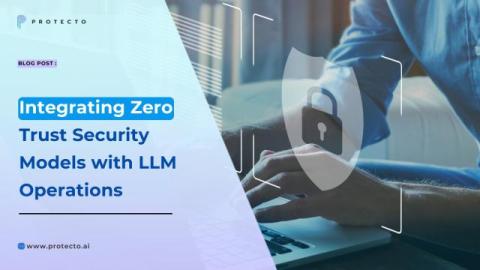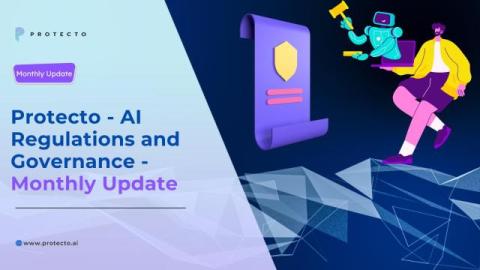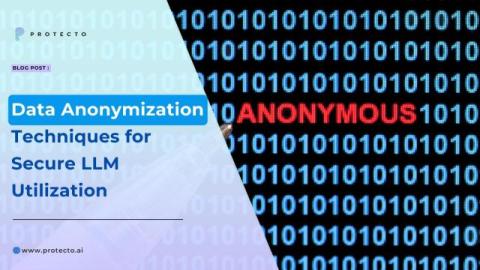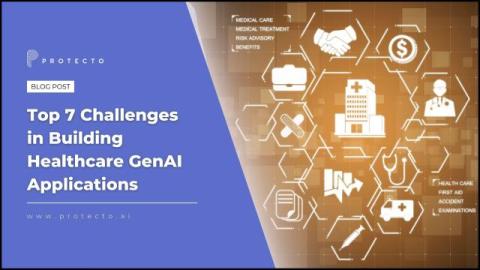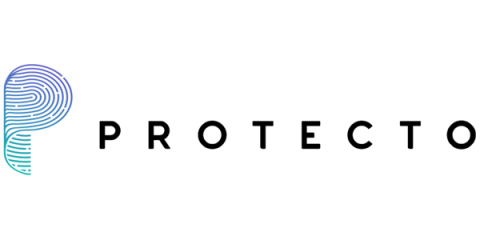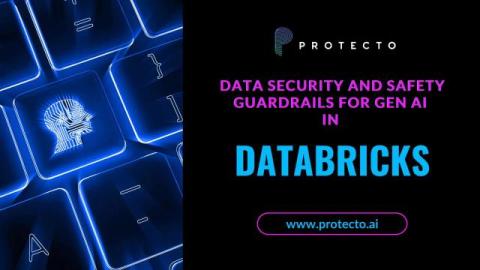Integrating Zero Trust Security Models with LLM Operations
Zero Trust Security Models are a cybersecurity paradigm that assumes no entity, whether inside or outside the network, can be trusted by default. This model functions on the principle of "never trust, always verify," meaning every access request must be authenticated and authorized regardless of origin.


